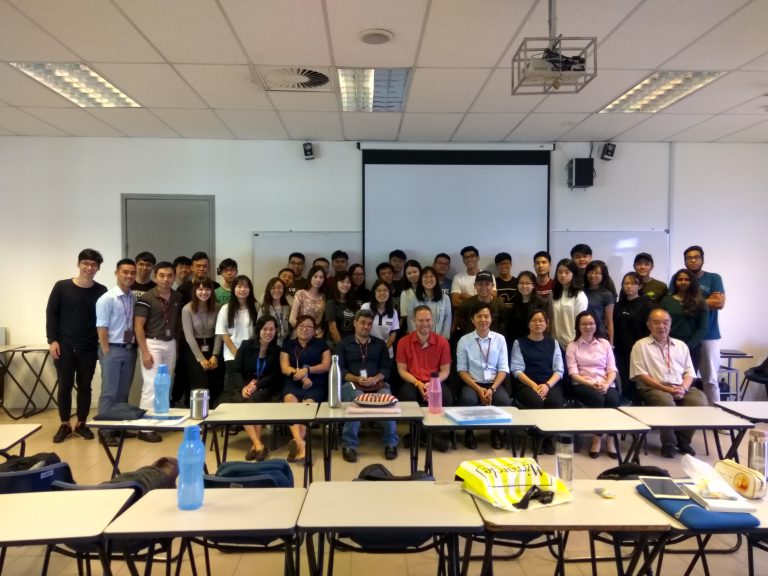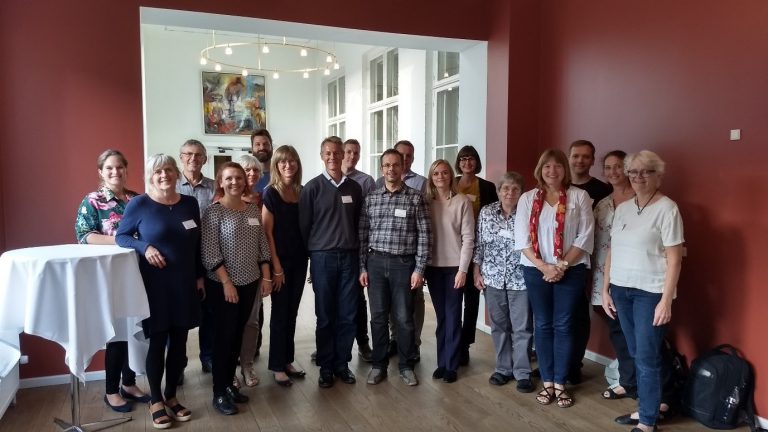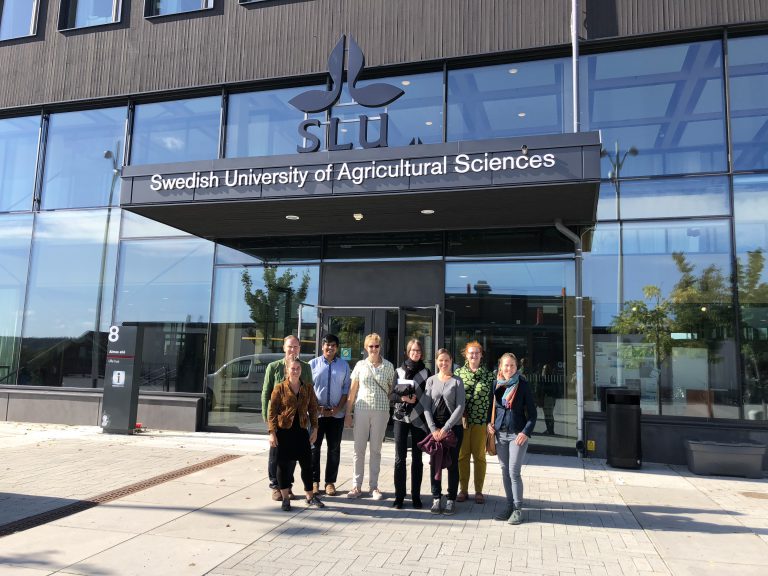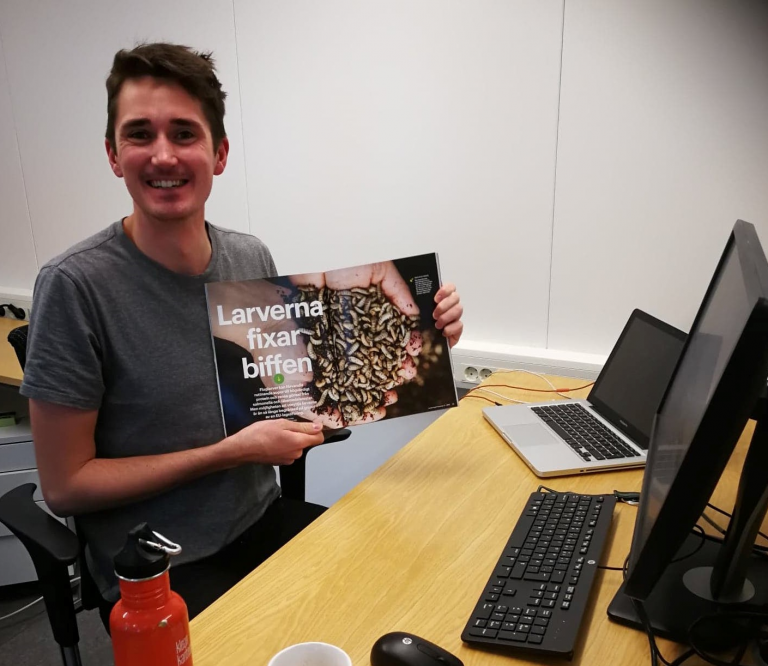Dear Reader,
Hejsan! Thank you for visting our blog and for your (continued) interest in our research group’s activites. The Kretsloppsteknik Blog has been an active newsharing platform at SLU since March 2017. The blog has been an excellent tool for us to communicate with you, helping us disseminate results, updates, and information about our group’s research and educational activities. We now offer the blog in both English as well as Swedish.
Now, we have decided to launch a monthly newsletter. This e-newsletter will serve to summarise all the blogs posted over the previous month and delivered by email. Starting this month, the newsletter is being sent out to our research network.
If you would like to subscribe to this newsletter, please get in touch with us at kretsloppsteknik@slu.se or access this link.
If you do not wish to receive further emails from us, you can always unsubscribe. We will promptly remove you from our email list.
To see previous issues of the newsletter, check out our archive page. We hope you enjoy reading it!
– The Krestloppsteknik Research Group

 We found that the substrate properties that had the largest impact on biomass conversion ratio and larval development was the daily larval feeding rate of organic material and proteins, while only the daily feeding rate of organic material impacted the final prepupal size. The feedstock found to be most promising for black soldier fly treatment were abattoir waste, a mixture of abattoir waste and fruit & vegetable waste, food waste and human faeces. The feedstock that did not show great promise (low biomass conversion ratio, long larval development time) were the sewage sludges and fruits & vegetable waste.
We found that the substrate properties that had the largest impact on biomass conversion ratio and larval development was the daily larval feeding rate of organic material and proteins, while only the daily feeding rate of organic material impacted the final prepupal size. The feedstock found to be most promising for black soldier fly treatment were abattoir waste, a mixture of abattoir waste and fruit & vegetable waste, food waste and human faeces. The feedstock that did not show great promise (low biomass conversion ratio, long larval development time) were the sewage sludges and fruits & vegetable waste.


